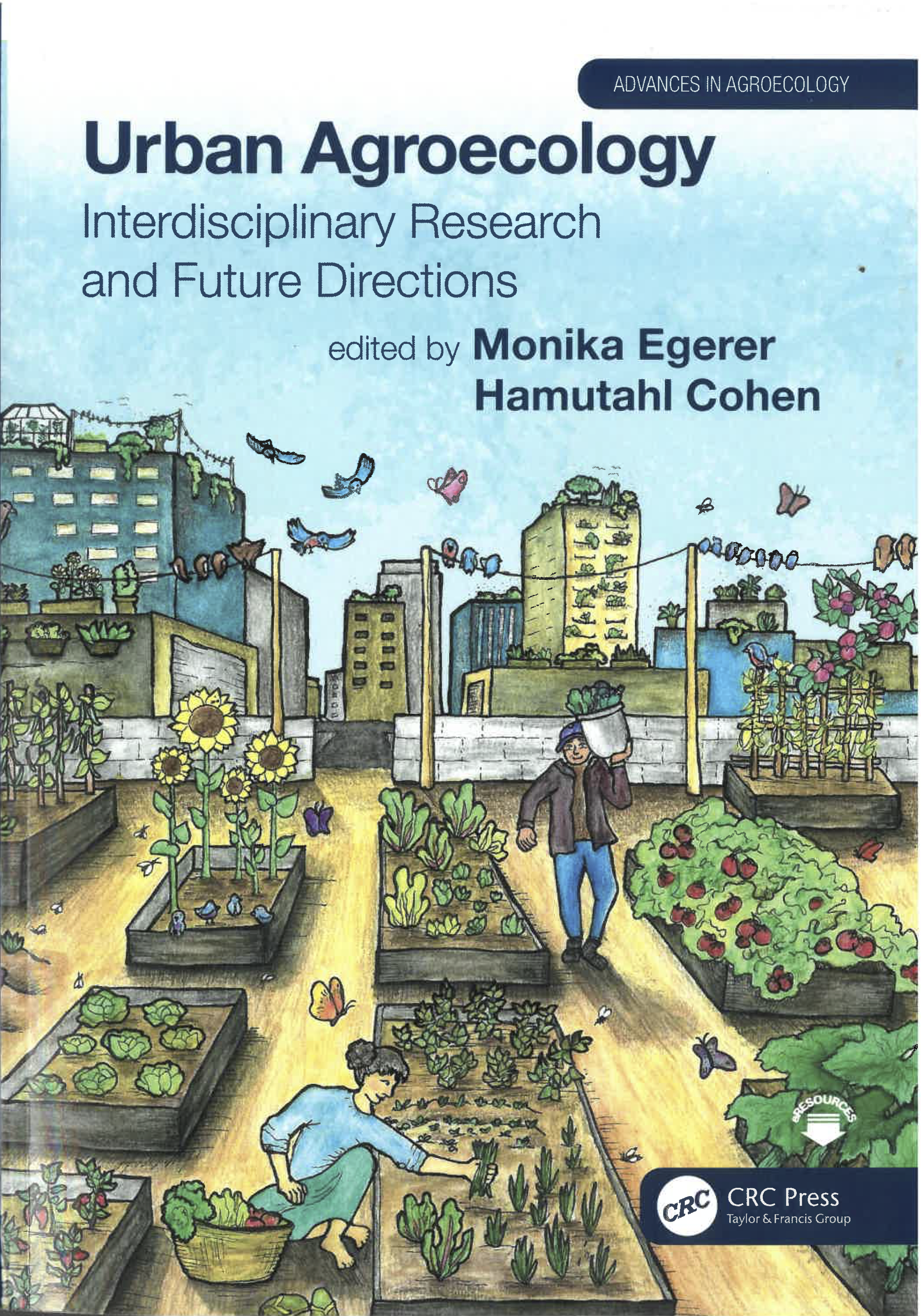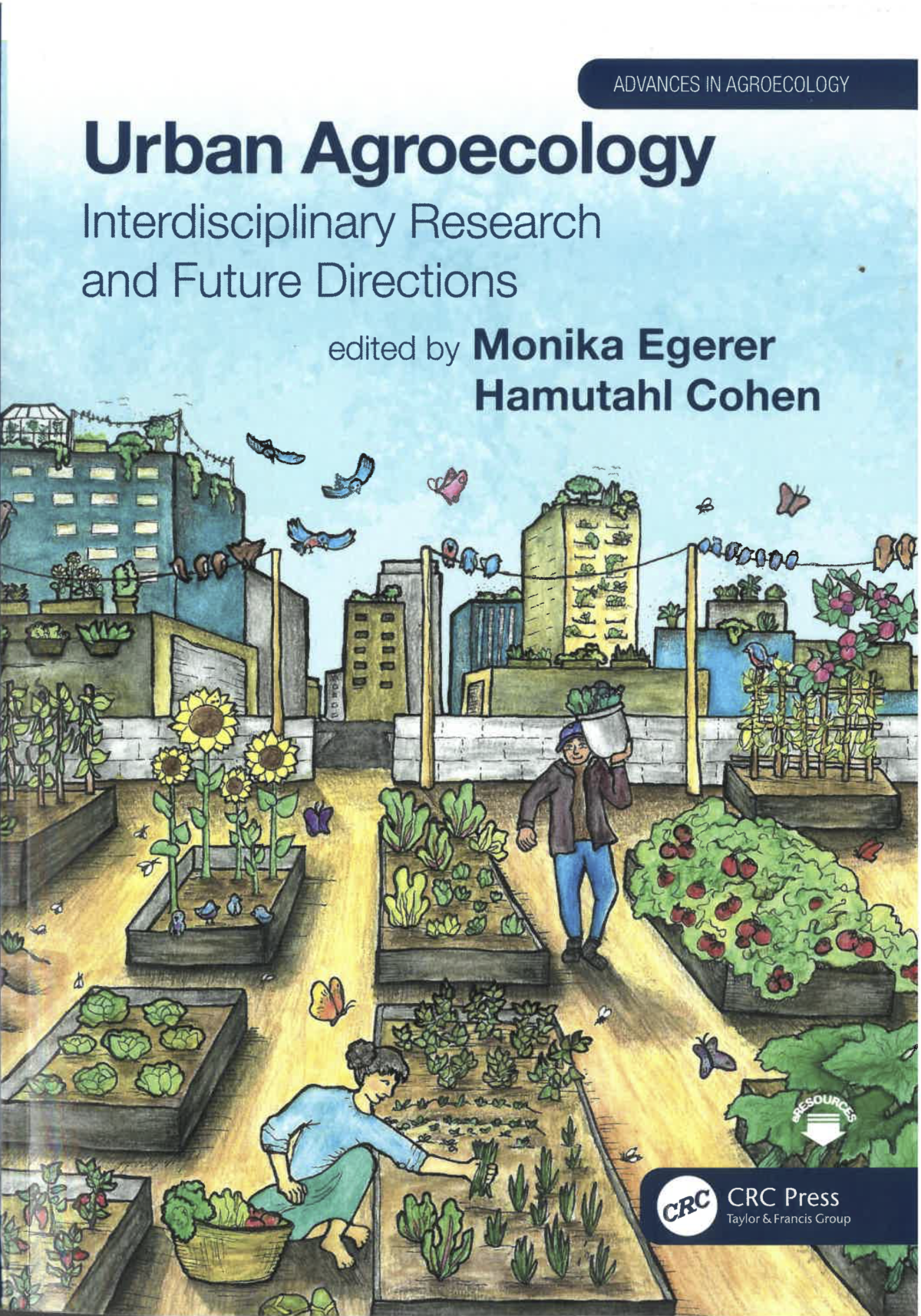
ALC co-director Martha Caswell and other members of the ALC contributed a chapter to a new book titled Urban Agroecology, Interdisciplinary Research and Future Directions. The chapter discusses an ongoing participatory action research (PAR) project with urban and peri-urban agroecology project partners in Burlington, Vermont. For years, the ALC has been building a relationship and working with the Vermont Community Garden Network, the Intervale Center, New Farms for New Americans, and the Catamount Farm. Components of this PAR process have resulted in participatory mapping and inventorying of agroecological practices with the Intervale Center, student design projects facilitated through PSS courses taught by Stephanie Hurley and Annie White, and upcoming collaborations for a summer research fellowship with VEPART to tackle pest management challenges.

The research in this chapter brings together agroecological principles, landscape design, and cultural ecosystem services in a transdisciplinary, PAR approach to assessing urban agroecology in Burlington. While Vermont is a predominantly rural state, this chapter explores the growing field of urban agroecology through urban and peri-urban farms and gardens in and around Burlington. Urban agroecology utilizes the frameworks and approaches of agroecology and applies them to urban contexts. As demonstrated in existing research, urban agrifood systems fill a multifunctional role in urban areas and can contribute to addressing issues such as food insecurity, public health crises, and poverty. As such, there is great potential for the application of agroecology in urban agrifood systems, and in further exploring and amplifying the benefits.
While the ALC’s work with these partners is ongoing, the value and importance of vibrant local food systems has been highlighted in the current COVID-19 pandemic and resulting food crisis. Through our PAR process, we look forward to continuing to facilitate conversations and connections within Burlington that center around agroecology and its potential within the urban and peri-urban context. As articulated in the chapter, “Ideally, by reinforcing its presence and relevance, agroecology can become a unifying catalyst for broad food system transformation in Burlington” (p 316).
Chapter Citation:
Caswell, M., et al. (2021) Agroecological transformations in urban contexts: transdisciplinary research frameworks and participatory approaches in Burlington, Vermont. Pp. 299-320. In M. Egerer and H. Cohen (eds) Urban Agroecology: Interdisciplinary research and future directions. Boca Raton, FL, CRC Press/Taylor and Francis.
Download available here.

